APPETITES
A LSO BY G ENEEN R OTH
When Food Is Love
Feeding the Hungry Heart
Breaking Free from Compulsive Eating
Why Weight?
Geneen Roth

APPETITES

ON THE SEARCH
FOR TRUE
NOURISHMENT

PLUME
Published by the Penguin Group
Penguin Putnam Inc., 375 Hudson Street, New York, New York 10014, U.S.A.
Penguin Books Ltd, 27 Wrights Lane, London W8 5TZ, England
Penguin Books Australia Ltd, Ringwood, Victoria, Australia
Penguin Books Canada Ltd, 10 Alcorn Avenue, Toronto, Ontario, Canada M4V 3B2
Penguin Books (N.Z.) Ltd, 182190 Wairau Road, Auckland 10, New Zealand
Penguin Books Ltd, Registered Offices: Harmondsworth, Middlesex, England
Published by Plume, a member of Penguin Putnam Inc.
Previously published in a Dutton edition.
First Plume Printing, April 1997
20 19 18 17 16 15
Copyright Geneen Roth, 1996
All rights reserved.
Grateful acknowledgment is made for permission to reprint the following texts:
Housing Storage from The Dangerous World by Naomi Replansky (Another Chicago Press, 1994). Naomi Replansky. By permission of the author.
Prayers from Kehilla Community Synagogue Prayerbook. By permission of Michael Lerner and the Kehilla Community Synagogue.
Prayers from Kolaynu Yom Kippur Prayerbook. By permission of Kolaynu.
 REGISTERED TRADEMARKMARCA REGISTRADA
REGISTERED TRADEMARKMARCA REGISTRADA
The Library of Congress has catalogued the Dutton edition as follows:
Roth, Geneen.
Appetites : on the search for true nourishment / Geneen Roth.
p. cm.
ISBN 0-525-94076-6 (hc.)
0-452-27679-9 (pbk.)
1. WomenMental health. 2. Self-esteem in women. 3. Self-realization.
4. Self-acceptance. 5. Self-perception in women.
6. LeanessPsychological aspects. I. Title.
RC451.4.W6R68 1996
158.1082dc20 96-10801
CIP
Printed in the United States of America
Original hardcover design by Eve L. Kirch
Without limiting the rights under copyright reserved above, no part of this publication may be reproduced, stored in or introduced into a retrieval system, or transmitted, in any form, or by any means (electronic, mechanical, photocopying, recording, or otherwise), without the prior written permission of both the copyright owner and the above publisher of this book.
BOOKS ARE AVAILABLE AT QUANTITY DISCOUNTS WHEN USED TO PROMOTE PRODUCTS OR SERVICES. FOR INFORMATION PLEASE WRITE TO PREMIUM MARKETING DIVISION, PENGUIN PUTNAM INC., 375 HUDSON STREET, NEW YORK, NEW YORK 10014.
To Matt, again
and again.
Housing Shortage
N AOMI R EPLANSKY
I tried to live small.
I took a narrow bed.
I held my elbows to my sides.
I tried to step carefully
And to think softly
And to breathe shallowly
In my portion of air
And to disturb no one.
Yet see how I spread out and I cannot help it.
I take to myself more and more, and I take nothing
That I do not need, but my needs grow like weeds,
All over and invading; I clutter this place
With all the apparatus of living
You stumble over it daily.
And then my lungs take their fill.
And then you gasp for air.
Excuse me for living,
But, since I am living,
Given inches, I take yards,
Taking yards, dream of miles,
And a landscape, unbounded
And vast in abandon.
You too dreaming the same.
Prologue:
The Places We Search
W hen I was eleven years old, I planned the rest of my life. I was going to marry Richard Chamberlain and dress in gowns that glimmered like mermaids tails. I was going to eat Barriccinis chocolate any time I wanted and have three children: two girls named Elizabeth and Samantha, and a boy named Michael. My legs would be long, my hair would be thick, and my stomach would be flat. Most of all, I would be very, very famous. More famous than anyone, ever.
As I entered the teenage years, I told myself that my task was to endure my life-as-it-was until it metamorphosed into my life-to-be. To put up with smarmy boys and an array of degrading circumstances because sometime in the future I was certain to lead a golden life.
Years passed. My unlived life, like a river that ran parallel to my daily life, continued its course through my mind. Richard Chamberlain became Omar Sharif, who became Harrison Ford; Samantha and Elizabeth were replaced by Jennifer and Rebecca, who were replaced by the conviction that having children was a thorn in the side of feminism. Every ingredient of my life-to-be changed constantlywhere I lived, how I dressed, what I did with my timeexcept the hunger to be seen, the longing to be recognized for something I didnt yet recognize in myself.
Being exaltingly thin was, of course, the foundation for the visibility, the man, the adornments of this life-to-be; it was the prerequisite that made the rest of the dream possible. And since no matter how thin I got, I was frightened that I could wake up tomorrow and be fat again, the rest of the dream was forever ten or twenty pounds away.
I was twenty-eight when I decided I would never diet again. After the initial binges on raw chocolate chip cookies, pumpkin ice cream and chunks of bittersweet chocolate, I started eating things that other people recognized as food. Broccoli, pasta, roast chicken, lentil soup. I got thin enoughand stayed thin.
After that there were two small matters to deal with before the rivers of my two lives could converge: being seen and falling in love.
At thirty-five, I met a man whom I recognized almost instantly as my lifes partner. Five years later, I married Matt, and although he is not a movie star, he is often mistaken for one. If you can call Richard Simmons a movie star.
And while I never achieved the clicking-flashbulbs kind of fame, people often stop me in the grocery store because they recognize me from my book covers. They also stop me in airports, elevators, and almost every time my hair is dirty and my clothes are covered with white cat fur.
In one way or another I got what I wantedthe body, the recognition, the man. Still, I felt empty and then crazy for feeling empty. I felt like an ungrateful wretch, a needy child for whom nothing is ever enough. I also felt betrayed: Id followed all the rules, done what Id been told, and something was supposed to happen. I was supposed to have a clear, solid sense of myself as worthy; I was supposed to feel full, radiant. Instead I found myself wildly alternating between believing I needed more (of everythinglove, visibility, things, pleasure, thinness, solitude) to feel satisfied, and feeling as if I had built my life on lies. I felt brittle and exhausted. I became ill with an array of mysterious symptoms: chronic diarrhea, constant flus, high fevers. I spent years in and out of doctors offices as my body became weaker and weaker. Three of my friends, a well-known writer, an English professor, and a nurse-midwife, were also sick, one of them with lupus, another with recurring pneumonia, and the third with chronic fatigue syndrome. The friends who werent ill were nonetheless weary and disillusioned from trying to keep up with childhood dreams and cultural imperatives of who they were supposed to be. Their lives were crammed with work, child care, exercise, self-improvement classes, political organizing, but they were left with feelings reminiscent of a binge: full but not satisfied. Full but still hungry. Everyone spoke wistfully about the days when we hadnt needed appointment books to schedule two-hour dinners three weeks in advance.
Next page
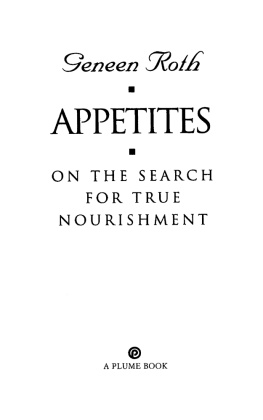
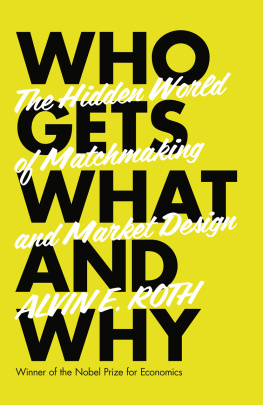
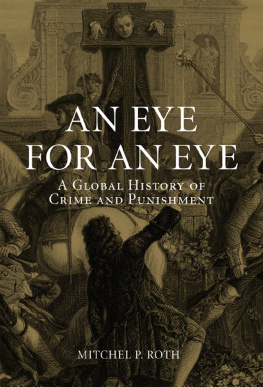
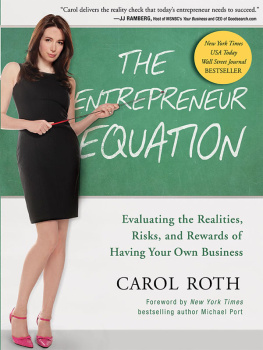
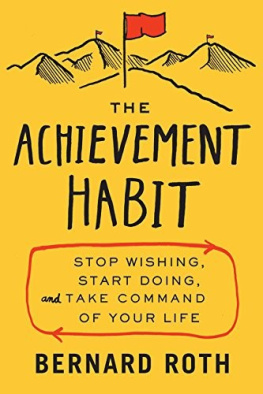

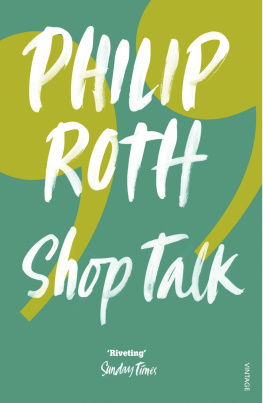


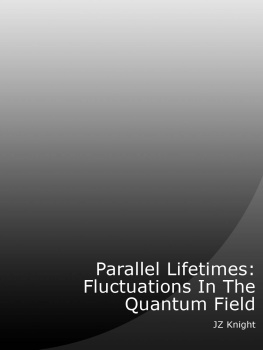
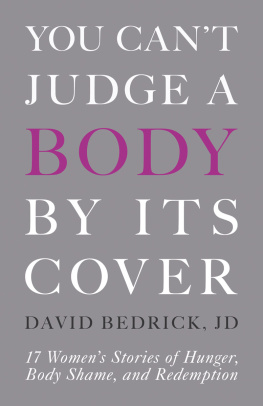

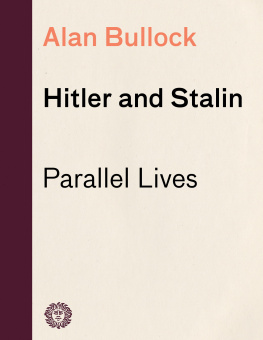
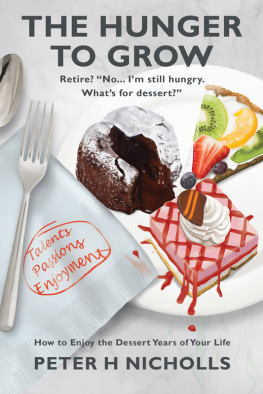
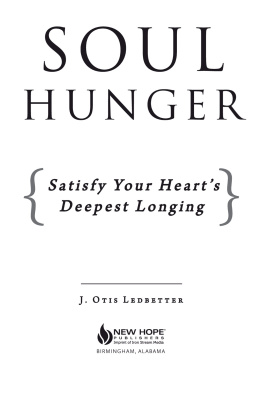
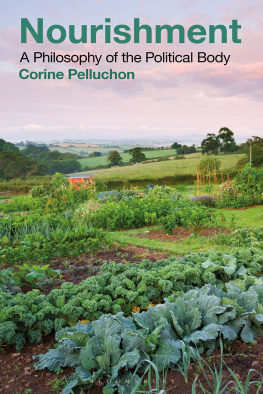
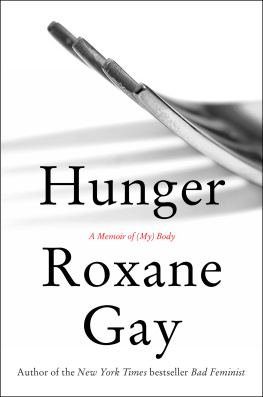
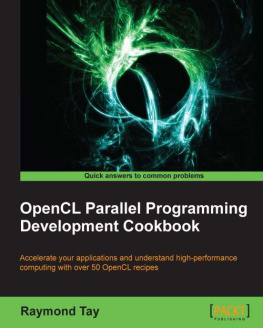


 REGISTERED TRADEMARKMARCA REGISTRADA
REGISTERED TRADEMARKMARCA REGISTRADA